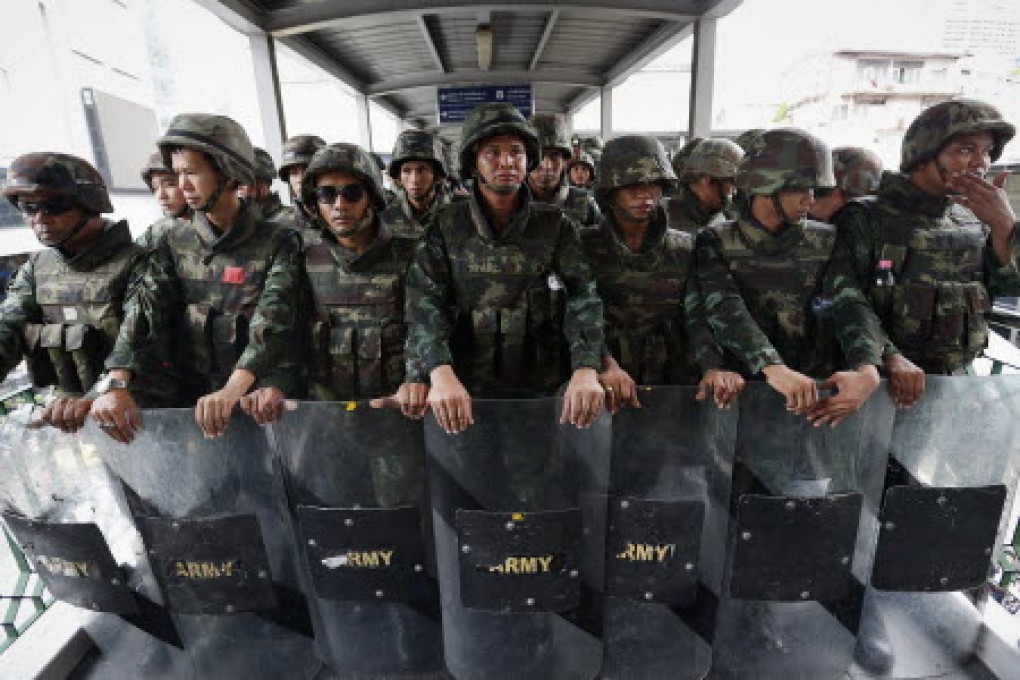Macroscope | Malaysia and Thailand: a tale of two economies

Last year, Thailand’s economy barely grew, expanding by a meagre 0.7 per cent compared with an average growth rate of nearly 6.5 per cent for the emerging Asia region as a whole.
The fallout from a debilitating political crisis culminating in martial law and a full-fledged military crackdown in late May - the second coup in eight years and the 12th since 1932 - took a heavy toll on domestic demand, resulting in a sharp fall in consumer confidence and manufacturing output.
More worryingly, despite the lifting of martial law on Wednesday, Thailand’s democratic credentials lie in tatters.
A repressive military regime has suspended the country’s constitution, curbed civil liberties and ended the freedom of the press. Indeed so brutal was the crackdown last year that Thailand was even compared to Myanmar.
The resilience of Thai assets has more to do with the fact that investors have grown accustomed to political instability
While General Prayuth Chan-ocha, the Thai army chief and now the country’s prime minister, insists the military is the only institution with the authority to put an end to the intractable political conflict plaguing Thailand, the coup has done irreparable damage to Thailand’s fragile democracy.
